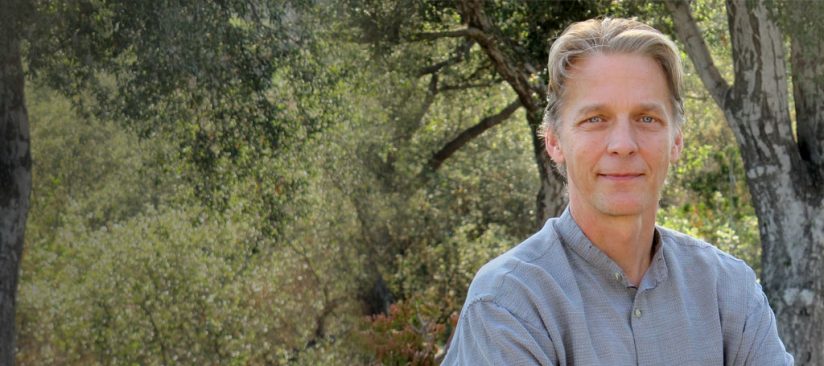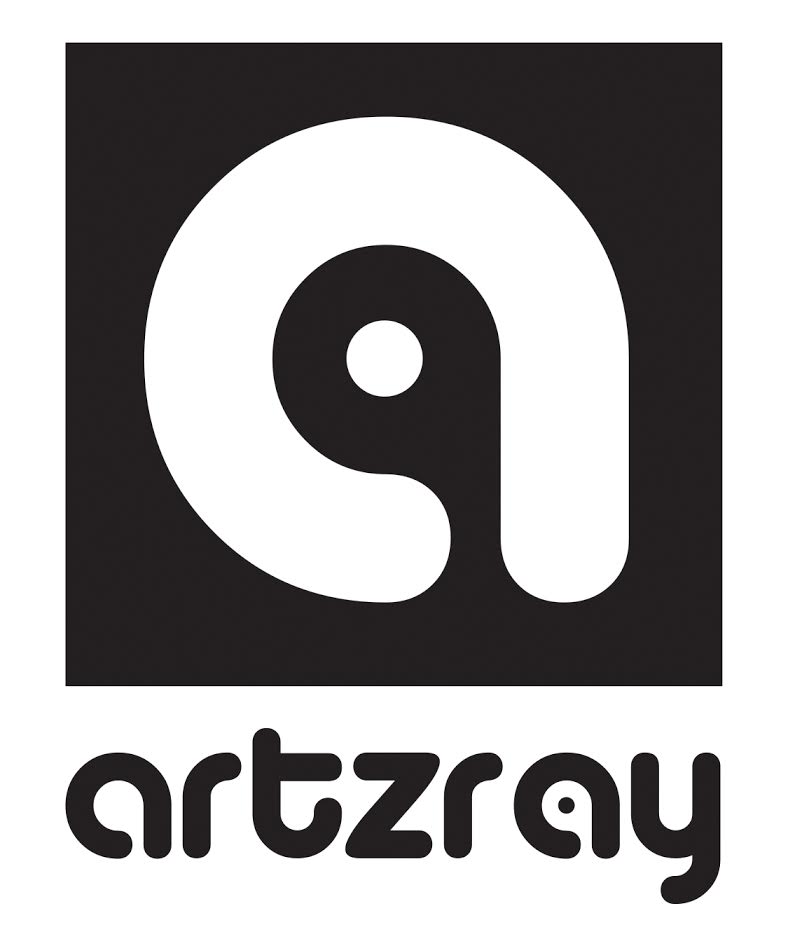Faith in the Creative Endeavor – Mark Salzman


No one word or label can characterize the many creative pursuits of Mark Salzman. Yes, he’s a musician, and a writer too, but he is also a teacher and a Kung Fu master along with many other descriptors. Artzray interviewed Mark as he was recently profiled in the new book, Advancing Confidently to learn more about what he believes are the essential ingredients for a creative life.
Where are you from and how did you get your start in music?
I was born and raised in Connecticut. My mother was a pianist and my father was an artist, so I grew up assuming that music and art were things that everybody did. I tried the violin for a year, then piano, but when I was seven I heard Aldo Parisot play the cello, asked my parents if I could switch to that instrument, and that one stuck.
Who are some of your major musical influences and what music are you listening to these days?
As far as music goes, my mother influenced me above all. She wasn’t someone who practiced in order to be able to give concerts; she practiced because she just flat-out loved practicing, interpreting, exploring without having to worry about being judged. That’s when she was happiest. Her favorite composer, both for listening and for playing, was J.S. Bach, and I guess the nut doesn’t fall far from the tree, because the same goes for me.
You’re a martial arts expert, majored in Chinese Studies, have performed with Yo-Yo Ma, and were a finalist for a Pulitzer Prize for your first book Iron & Silk. What do you think is “the glue” between all your many different creative pursuits?
Everything I do, I do for pretty much the same reason: to try to make peace with the fact that life is neither peaceful nor secure nor fully comprehensible. I like to joke that my goal in life has been to reach Kubler-Ross’s final stage of grief – acceptance – before I have anything specific to grieve about, and just stay there. Only I’m not really joking.
You were recently profiled in Advancing Confidently by Peter Bachmann, a book which speaks to the value of a liberal arts education, taking risks in life and pursuing your passions. Do you feel that confidence has driven your creative choices or a willingness to fail and experiment?
Honestly, I don’t think that confidence is the right word to describe what drove my choices or willingness to fail and experiment. It might look like confidence in hindsight, but at the time, it didn’t feel like confidence. I think it was a sense of need, of unease, of incompleteness, of longing – and a desire to understand or relieve those feelings — that drove my creative choices and willingness to fail and experiment. If failure, frustration, and setbacks were the price I had to pay in order to earn a sense of being at home in my own life, that seemed like a fair deal. Confidence came later, as a by-product of this endeavor – partly as a result of success, but even more than that, as a result of failure. Why would I say that? Because confidence, to me, doesn’t mean feeling certain that things will work out the way I want them to, and having a track record to prove it. Confidence, to me, means knowing, from experience, that no matter how things work out, I will — as a matter of course, of habit, of necessity — do what I can to make the most of it, I will keep moving forward, and that will be good enough. Each time I fail and keep moving forward and find that things do work out one way or another, I validate this perspective, and become less afraid of failure. Failure itself was never my problem; living in fear of failure was my problem.
What do you think is the best educational path to a career in the arts? Is there one?
If there is a proven, “best” educational path to a career in the arts, or even a way to measure that objectively, I’d love to hear about it. If you look at the variety of backgrounds artists come from, especially if you’re willing to look outside of our familiar demographic, I think you can reasonably conclude that artists seem to find ways to do what they do regardless of what paths they choose, or what paths seem to be imposed upon them by circumstance. Still, I agree with the point Peter Bachmann makes in his book, that getting a broad-based, liberal arts education is a terrific way to prepare for leading a full, conscious, engaged life. Many people seem to think that if you establish a career in a field you like, and refuse to settle for anything less than doing what you like, then the full, conscious, engaged life part will follow. I think it’s the other way around. I’ll give you an example: when Yo-Yo Ma was 17 or so, everybody – including his own father, who was a renowned musicologist — expected him to go to Juilliard, the famous music conservatory. Instead, against his father’s wishes, Yo-Yo went to Harvard to get a liberal arts degree. He studied anthropology, among other things, because he said he wanted to learn things about the world that would give him something to say through music. Look at what he’s done since then! His career has transcended musical genres; you might even argue that in some ways, it has transcended music itself. I think he made the right call.
Many young artists doubt themselves and their abilities, and parents and teachers sometimes discourage their creative pursuits as impractical. Do you think confidence is an essential ingredient for creative success?
The problem with saying that confidence is an essential ingredient for success is: it makes people who have doubts think that if they don’t become confident soon, they’re screwed. Or that they should learn how to feign confidence to get ahead or be taken seriously. As I mentioned earlier, I didn’t have much confidence when I was starting out, but that didn’t stop me from finding my way toward it eventually. I felt doubt, insecurity, and anxiety every day, but I kept going because – well, because the thought of giving up made me feel even more anxious!
“Confidence is great to have, but it’s optional; sincerity is essential.”
When you meet a creative student or young person how do you encourage and engage them? How do you get inside their brain and try and make a difference?
I don’t know how creativity works, I don’t know how to become successful at it, and I don’t know any secrets for unleashing the artist within. All I feel I can do is to share my own enthusiasm for this sort of work, along with my belief that it is worth doing, and hope that the feeling is contagious. We all have bad stretches — times when inspiration is weak, doubt grows strong, and confidence wears thin. What gets us through those times? It’s some sort of faith. My primary goal as a teacher is to stimulate faith in the creative endeavor. I can’t infuse faith in anyone else, but I like to think that if I model it for all I’m worth, I might help awaken or stimulate what’s already there.

What was the moment when you knew that music and/or creativity would be at the center of your life?
I think I always assumed that the arts would be part of my life – it was the family business, after all. But even now, I don’t think of music and/or creativity as being at the center of my life. Creativity emanates from the center of my life, the way dreams emanate from my unconscious mind, but the center itself – the center of me? I have no idea what that is, and don’t expect to find out. I think of my conscious mind as the audience, not the author, of my own life.
What is your artistic super power?
It’s that I know I don’t have one, and that this no longer troubles me, and oh what a relief it is.
Tell us a secret.
I’m in bed every night by 8:30. Some people have trouble sleeping; I have trouble staying awake.
Learn more about Mark Salzman and other creative and inspirational scientists, entrepreneurs and scholars who are profiled in Advancing Confidently.
Advancing Confidently – In his earlier book Standing on Shoulders, Peter Bachmann demonstrated the intellectual benefits of a liberal arts education, by weaving together the actual words of high school students in dialogues about classical texts. In Advancing Confidently, he demonstrates the liberal arts character benefits in a series of profiles of his former teachers and students who have demonstrated the courage and conviction to, in Thoreau’s words, “advance confidently in the direction of their dreams.” Each story is a celebration of independent thought and action, traits essential to twenty-first century success.




